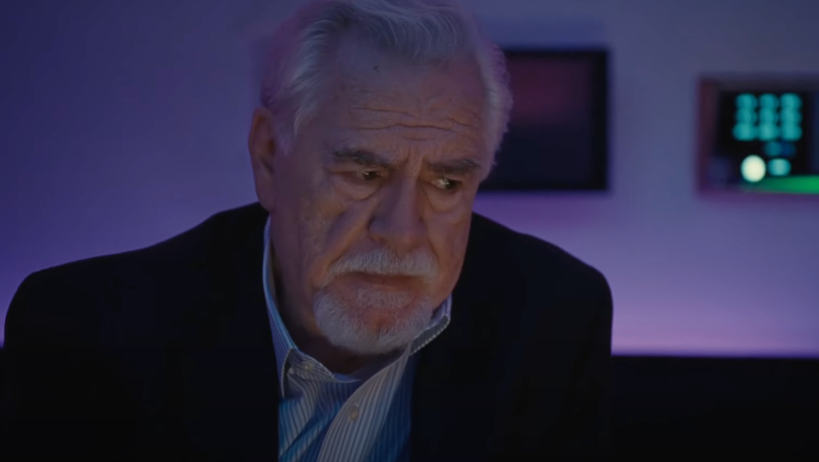Mark Mylod Was ‘Insecure’ About Continuing ‘Succession’ Without Brian Cox
Even the creative team had their doubts about that shocking twist at Connor’s wedding.

“Succession” shocked the world early in its fourth season when it killed off Logan Roy in the instantly iconic episode “Connor’s Wedding.” But while the episode earned critical acclaim and set the biggest events of Season 4 in motion, the gamble made waves among the show’s creative team.
Appearing on The Hollywood Reporter’s Director Roundtable, “Succession” executive producer and “Connor’s Wedding” director Mark Mylod recalled his shock about the death and the difficult process of telling Brian Cox that his character wouldn’t last a full season.
“When we told him that the character was dying relatively early in the season, we felt bad. And, obviously, he did too,” Mylod said. “I think his expectation — well, I know it was — was that his character would pop his clogs much later. So he was a little bit discombobulated. I’m sure he’d psyched himself up for a seven-month shoot, and suddenly it wasn’t that.”
Mylod’s concerns about the scene extended beyond his personal sympathy for Cox. The director explained that he wasn’t sure if the show would be able to maintain its quality without Logan Roy at the center of things.
“We were all obviously sad to leave him, and, on a work level, insecure about carrying on without him — without that centrifugal force at the heart of the tension and the dynamic,” he said. “So there was something reassuring about having him around. It was slightly surreal when he turned up at his funeral, but mostly it was just lovely.”
Mylod recently joined IndieWire’s Filmmaker Toolkit podcast to discuss his involvement in all four seasons of “Succession.” He recalled his initial reaction to Jesse Armstrong’s pilot script and explained that his interest in working on the show stemmed from a desire to humanize a cast of comically evil characters.
“I was fascinated by a pilot [that could] have characters who were so irredeemably awful and yet still compelling,” he said. “I thought, you know, ‘How long can we sustain that? At some point, we have to peel back layers and find vulnerability. We have to find context for their behavior. We have to find something deeper.’ I don’t believe a hate watch can necessarily sustain multiple seasons.”


